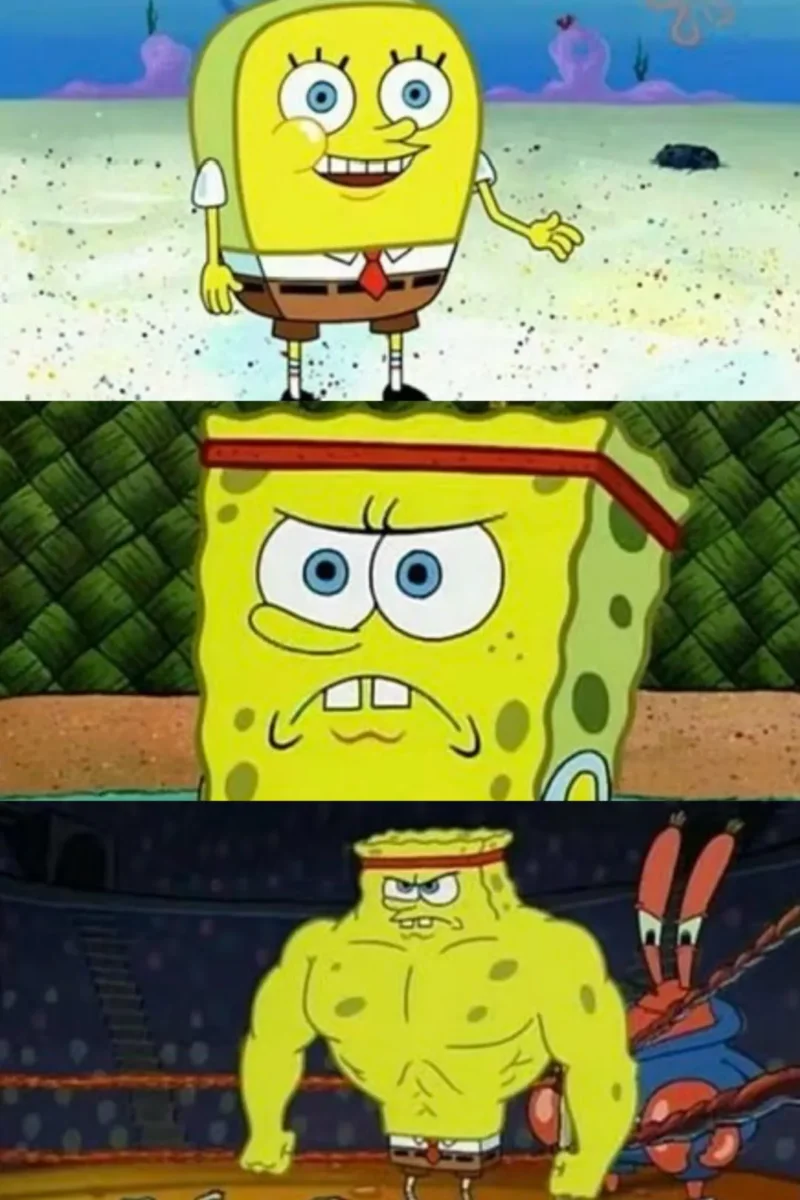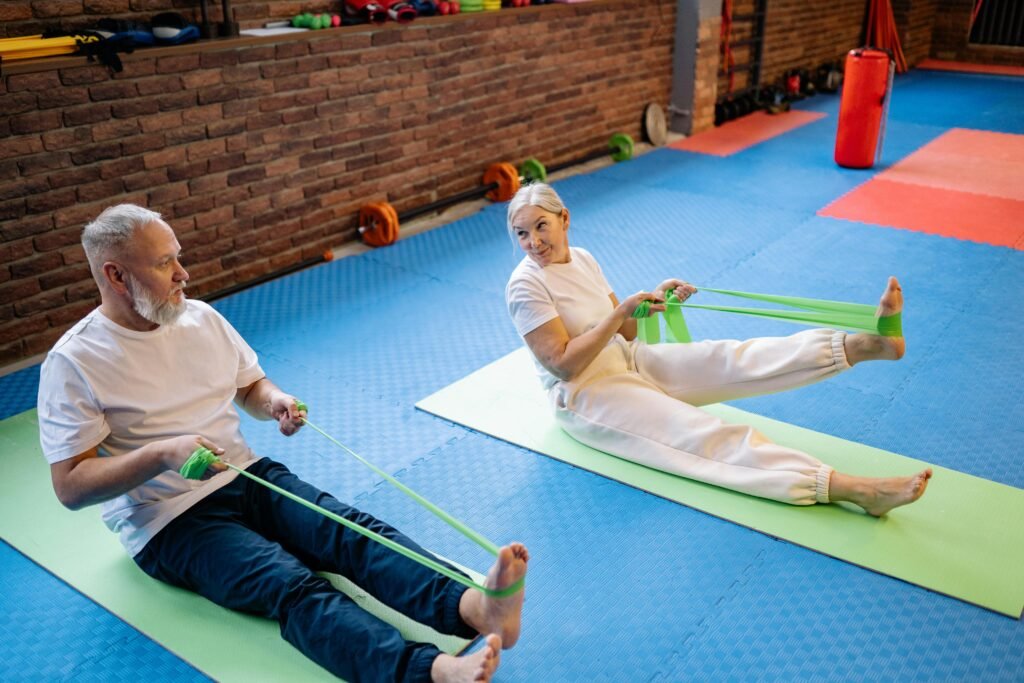In gyms, young men train with all their might, grimacing and groaning, all in pursuit of those coveted muscle lines.
When it comes to muscle building, opinions vary widely. However, understanding the principles behind muscle growth makes both diet and exercise seem like small tasks.

How Does Exercise Help Us Build Muscle?
Imagine a vivid and engaging science animation. Picture yourself trying to pull open a heavy door.

When you pull, your brain sends signals to the neurons in your arm, causing the muscles to contract and successfully open the door. But when the door is too heavy, even gritting your teeth won’t help, leading to minor muscle damage.
This kind of damage is not uncommon; it’s considered beneficial. In weightlifting, coaches often emphasize reaching “muscle failure,” during which this minor damage frequently occurs.

Just as clothes need patches when torn, our muscles require repair after such damage. Adequate rest and nutrition allow cytokines to begin repairing damaged muscle cells. This recovery process not only restores muscle cells but also makes them stronger—a phenomenon known as supercompensation.

By repeatedly undergoing supercompensation, muscles become increasingly robust, achieving the goal of muscle gain.
Is It Really That Simple?
Some may think that since resistance exercises can build muscles, they just need to keep training hard to achieve an impressive physique like Arnold Schwarzenegger. However, is muscle building really that straightforward?
Consider a seasoned fitness enthusiast versus a beginner performing the same weight deadlifts. Would their physical experiences be the same?
As you gradually adapt to daily weights and become stronger, muscles become more adept at handling targets without needing to reach the point of beneficial damage. To continue building muscle, one must progressively increase the load within scientifically reasonable limits—a principle known as progressive overload.
It’s important to note that factors such as weight, sets, reps per set, and rest intervals between sets significantly impact muscle loading.

Rest and Recovery
Muscles are not perpetual motion machines. Simply focusing on “patching up” muscles and increasing loads without allowing adequate rest time hinders progress. The muscle recovery phase is crucial for determining the extent of muscle gain.

Nutritional Support
Nutrition plays a vital role alongside exercise. Without proper nutrition, including sufficient protein, muscle supercompensation cannot occur efficiently. Hence, protein supplements are highly popular.
Many beginners mistakenly view carbohydrates as the enemy. Yet, experienced trainers know that clean carbs are essential for muscle building.



